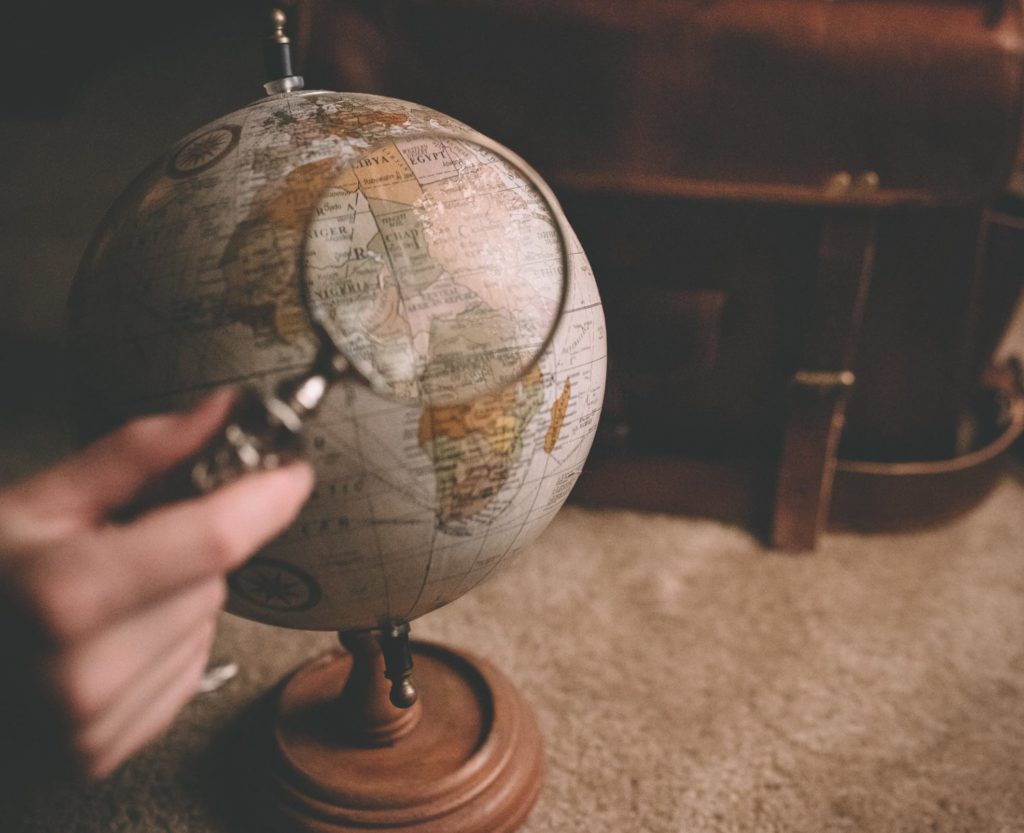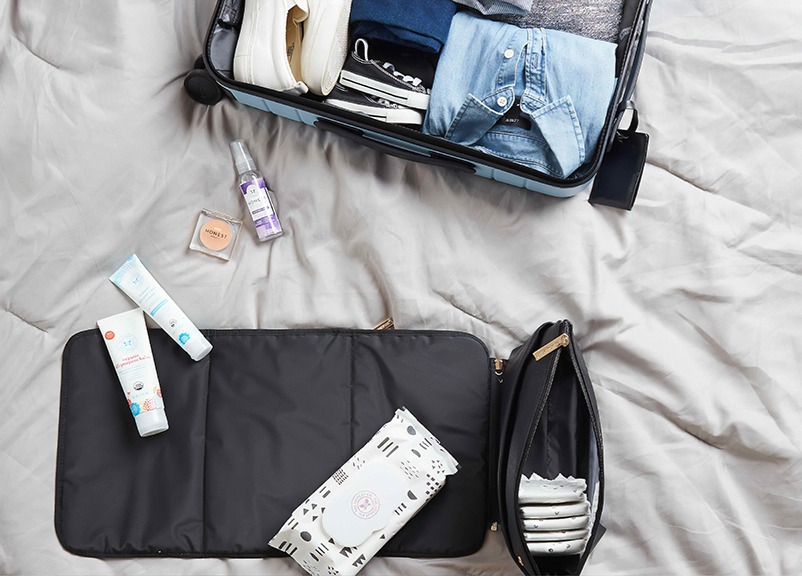How to stay healthy while travelling?
- Travel Tips
-
Jul 26
- Share post
Here are a few tips that might help you to know How to stay healthy while travelling
From cramped flights and tainted water to jet lag, general exhaustion and spending your time in an unhygienic homestay, travel can expose you to the possibility of getting sick. So, you must know how to stay healthy while travelling.
Getting around these days tends to require sitting on an aeroplane for long stretches of time. This common situation can place you at high risk of catching something nasty.
There are plenty of other situations that can lead to illness while travelling, such as those involving food and hygiene.
Why spoil your holidays with something that can be prevented?
Here are several tips that could spare you the extra trouble of being unwell during your travels.
Tips 1 - Pay your doctor a visit
More than 1 in 5 people travelling on an aircraft may suffer from a cold or flu.
This means that you can look at the people on your left and right on your next flight and assume that at least one of you will get sick from the plane you’re on.
Plan ahead and take action to mitigate this threat. The possibility scales higher during cold and flu seasons.
Before leaving, visit your travel doctor. He or she can warn you about potential health risks at your destination and help you get the medication that could help you in how to stay healthy while travelling.
A flu shot can be a good idea and if mosquito-borne diseases are a problem, consider getting up-to-date advice.
Tips 2 - Try to stay updated on your destination’s diseases
Different countries probably have different kinds of diseases. The possibility that a traveller might catch something in a foreign land can be quite high (particularly with an immune system that isn’t at its strongest).
Do some research on health risks in specific regions. You should be able to find information on websites and resources like IAMAT, as well as the Center for Disease Control and Prevention’s website.
You can also check out disease distribution maps at the WHO’s (World Health Organisation’s) International Health and Travel site.
Tips 3 - You are what you eat
Traveller’s diarrhoea may be considered one of the most common medical conditions affecting travellers. However, you might find that it generally responds to antibiotic treatment quickly.
You probably don’t want to have to deal with stomach issues while travelling, so ask if it’s worth taking prescription medication to cope with ‘accelerated digestion’.
Many travellers aren’t likely to be in the habit of finding the healthiest food while travelling. Healthy eating may prove difficult during long travels and, similar to sleep, what you eat can greatly impact your immune system’s capacity.
A change to greasy foods and sugar could have a far more dramatic impact on your immune system if it is used to a daily routine of nutritious proteins and vegetables and then deprived of them completely without warning.
Tips 4 - Keep tabs on your H2O sources
Apparently, according to the World Health Organization, eighty per cent of all travel diseases are attributed to contaminated drinking water.
Tap water quality may vary widely throughout the world and, in some places, even if the locals drink it every day without any problems, it can cause you problems. If in doubt drink bottled water or purify potentially unsafe liquids before consumption.
Boiling can work well and a number of tablets and chemicals for purification are also available to help make water safe. Chlorine dioxide tablets might also be popular and considered safer to use than iodine or chlorine.
These tablets could help control the waterborne cyst known as cryptosporidium.
Also, remember to stay hydrated at the right times. Water in the body can help you with better functionality and strength and keep you healthy.
Tips 5 - Be wary of what you touch!
Have you ever stuck your hand in the plane’s front seat pockets? How do you know that a used tissue or dirty nappy wasn’t shot down there by the previous seat occupant?
Even if airline cleaning staff removed the offending object between flights, leaving germs behind is possible. Apparently, flu viruses and bacteria can stay alive for several hours on a variety of objects.
This is why bringing a hand sanitiser can be a good idea. Alternatively, you can consider at least bringing some disinfectant wipes to use on frequently touched objects like tray tables and armrests.
Tips 6 - Check your wardrobe selection
Try to pack clothing that suits your journey. Loose-fitting clothes may come in very handy (particularly with a lot of hiking or walking involved).
A warm jumper or jacket on a cold aircraft or overnight bus trips can also be a lifesaver. Think about having a pair of flip-flops ready in order to protect your feet from wet bathroom floors.
If you wear contacts, a pair of glasses might be a better alternative as contacts could be susceptible to infections related to germs.
Tips 7 - Make sure you have enough rest
As soon as you step on a flight, your body is probably going to encounter a lot of germs in an area it is not used to.
If you think that your immune system is about to have to deal with a whole lot of germs from around the world, you should work to help ensure that it is in tiptop condition.
Having plenty of sleep before your flight can help you keep your immune system optimal during your flight. A good 7 to 8 hours of solid sleep before your flight should do it.
Think of your immune system as an important part of the defence against illness.
Tips 8 - Get some exercise before your trip
A quick workout could help you better optimize your body and its ability to fight off sickness. Do things like hiking, walking and riding bikes during your travels. Getting around on foot can be great fun, as well as incredible exercise.
Basic strength training routines can help too. You don’t even need conventional equipment in order to get a good workout. Try doing bodyweight rows using a desk or table, or using a suitcase or backpack to do dumbbell rows.
While travelling can be exciting, precautions should be taken to preserve your health and wellbeing when you’re on the move.
Consider these tips and work to try and stay fit and healthy in a variety of different situations during your trips and make sure that you know all the tips on how to stay healthy while travelling.
Receive more travel tips and discover new inspiring stories monthly!
Explore our collection of curated lodging and bookmark them for your next trip below!









